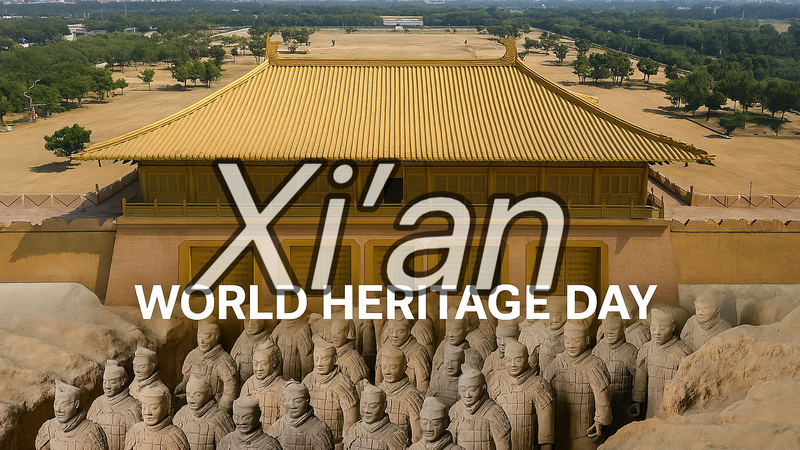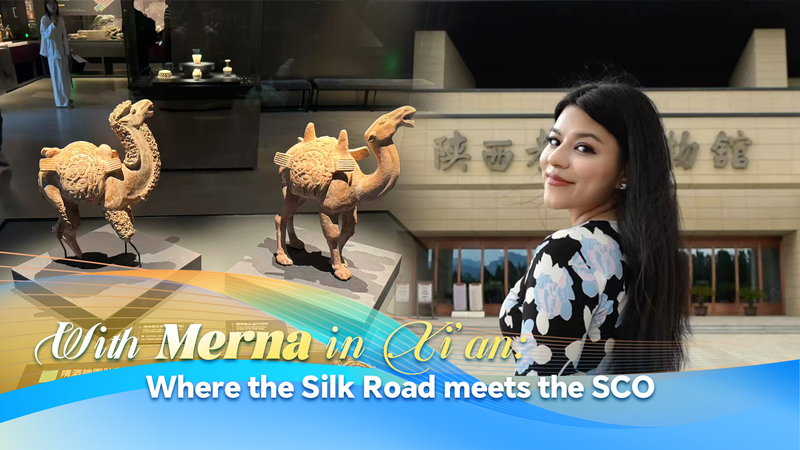As the world celebrates World Heritage Day on April 18, Xi’an – once the eastern terminus of the Silk Road – offers a masterclass in protecting cultural legacies while accommodating millions of annual visitors. With six UNESCO World Heritage sites under its care, this ancient capital has become a living laboratory for historical conservation.
Unlocking Secrets of the Terracotta Warriors
In a temperature-controlled facility near the famed Terracotta Army, a team of conservation artists painstakingly reassemble clay fragments using 3D scanning technology. ‘These warriors were originally painted in vivid colors,’ explains lead conservator Dr. Li Wei. ‘Our new polymer stabilization techniques preserve these pigments that oxidize within minutes of exposure to air.’
Imperial History Meets Urban Renewal
The newly opened Qujiangchi Park transforms derelict urban space into an immersive historical experience, blending Tang Dynasty architecture with green infrastructure. Beneath its pagoda-dotted landscape lies a climate-controlled repository for over 10,000 unearthed artifacts now protected from Xi’an’s fluctuating humidity.
Sustainable Tourism Through Technology
Xi’an employs AI-powered crowd management systems to protect sensitive sites like the 7th-century Giant Wild Goose Pagoda. Real-time visitor data helps stagger tourist flows while blockchain technology tracks relic preservation status across multiple institutions.
As global interest in Asian heritage grows, Xi’an’s approach demonstrates how ancient wisdom and modern innovation can coexist – ensuring future generations inherit authentic connections to humanity’s shared past.
Reference(s):
cgtn.com








